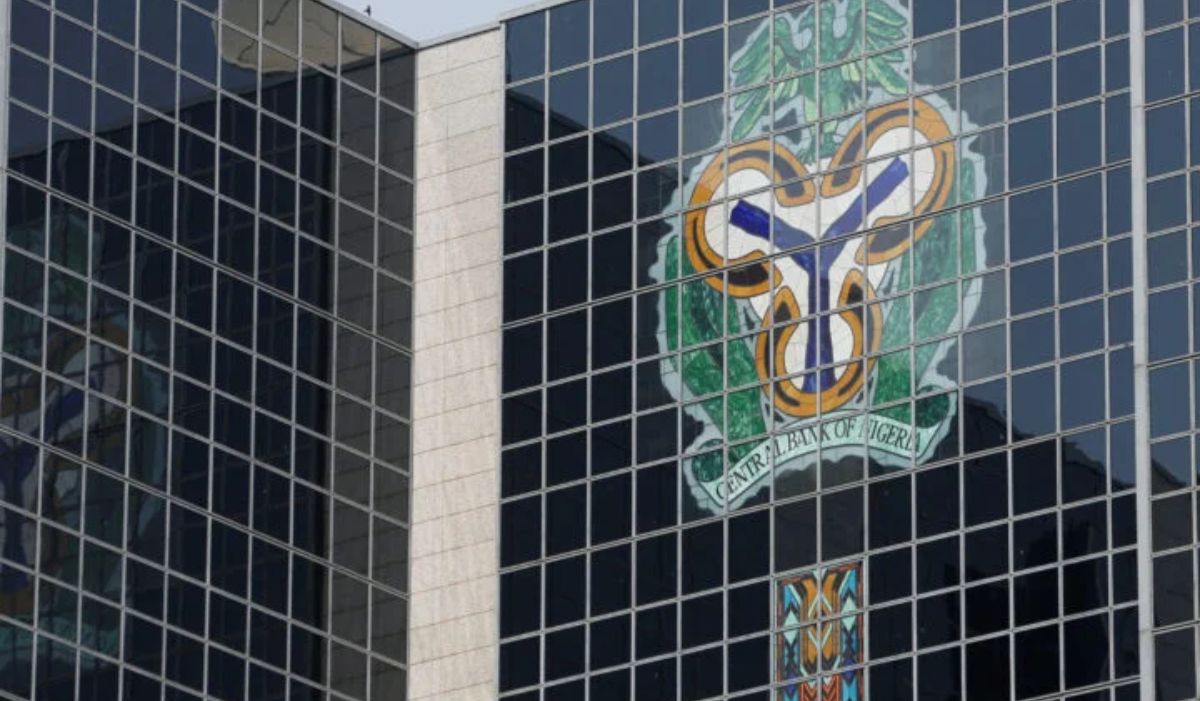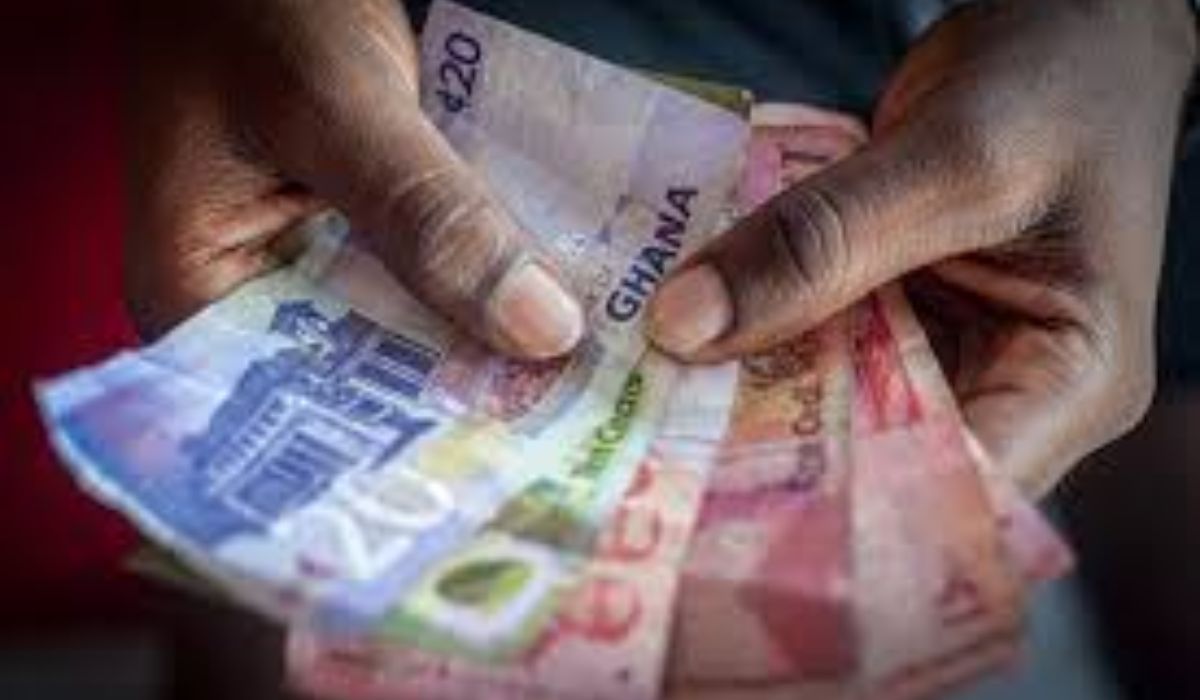Lawmakers Urge CBN to Hold Interest Rates as 300th MPC Meeting Approaches

Federal lawmakers have expressed concerns about further increases to Nigeria’s interest rates, which currently stand at 27.5%, as the Central Bank prepares for its upcoming policy meeting.
The caution comes just days before the Central Bank of Nigeria’s 300th Monetary Policy Committee (MPC) meeting is set to convene.
During its previous gathering in February, the MPC, under Governor Olayemi Cardoso’s leadership, maintained the benchmark rate at 27.5%, continuing the stance adopted at its November 2024 meeting.
During a session with the National Bureau of Statistics leadership, Representative Gboyega Nasir Isiaka, who chairs the House Committee on National Planning and Economic Development, highlighted the adverse effects of elevated interest rates on key economic sectors, including manufacturing, agriculture, and small businesses that provide substantial employment opportunities.
While acknowledging the positive impacts of recent central bank policies on economic stabilisation and confidence restoration, Rep. Isiaka emphasised the need for a balanced approach going forward.
“The Monetary Policy Rate (MPR) has been raised 10 times since January 2023 and currently stands at 27.5% from 16.5% in 2023, with the aim of curbing inflation,” he said. “However, it appears that the effectiveness of this policy has been undermined by structural bottlenecks, supply chain inefficiencies, and other factors.
“Therefore, it is our view that, considering the current economic landscape, the monetary authorities, as they meet next week, should consider a more accommodative stance that also promotes growth and employment generation.”
At the same meeting, Mr. Adeyemi Adeniran, Statistician-General and CEO of the National Bureau of Statistics, provided unemployment data showing improvement in the second quarter of 2024, with the rate decreasing to 4.3% from 5.3% in the prior quarter.
Adeniran’s presentation revealed demographic patterns in unemployment, with women experiencing higher rates (5.1%) than men (3.4%). Urban unemployment (5.2%) exceeded rural figures (2.8%), while youth unemployment stood at 6.5%, surpassing the national average.
The statistics also indicated that 12.5% of young Nigerians were neither employed nor engaged in education or training programs, with young women (14.3%) more affected than young men (10.9%).
The NBS chief added that the bureau is currently finalising its economic reports for the third and fourth quarters of 2024, which will be released to the public upon completion.


